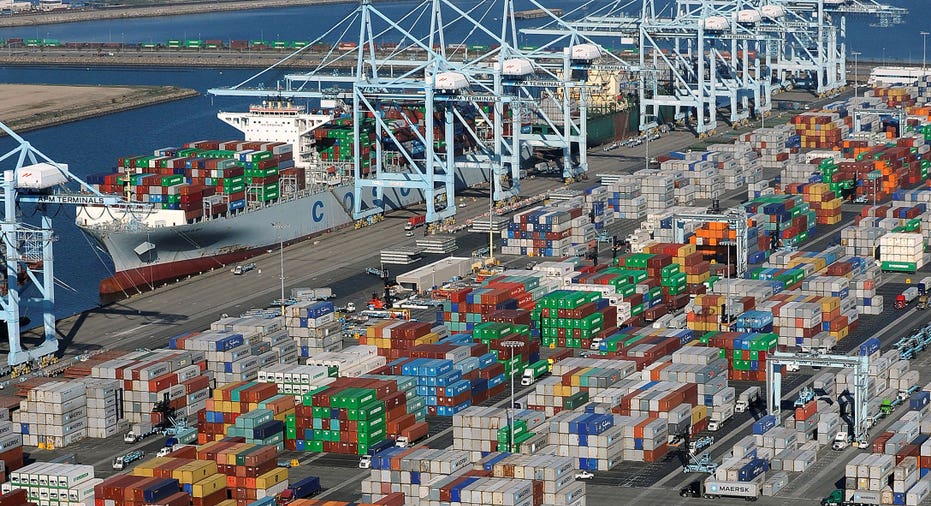Trump to Order Trade Abuses Study, Improve Import Duty Collection

U.S. President Donald Trump will sign executive orders on Friday aimed at identifying abuses that are causing massive U.S. trade deficits and clamping down on non-payment of anti-dumping and anti-subsidy duties on imports, his top trade officials said.
The orders, which underscore China's position as the biggest contributor to the $734 billion U.S. goods trade deficit last year, comes as Trump prepares for his first face-to-face meeting with Chinese President Xi next week in Florida, where trade issues promise to be a major source of tension.
The directives allow Trump to focus on meeting his campaign promises to combat the flow of unfairly traded imports into the United States just a week after his pledge to repeal and replace Obamacare imploded in Congress.
Commerce Secretary Wilbur Ross told reporters that one of the orders directs his department and the U.S. Trade Representative to conduct a major review of the causes of U.S. trade deficits, from unfair trade "cheating" to "currency misalignment" to "asymmetrical" treatment of tax systems by the World Trade Organization.
It also will study effects of trade deals that have failed to produced forecast benefits.
Ross said he aims to complete the study and report the findings to Trump in 90 days -- a time frame that coincides with the expected start of negotiations to revamp the U.S.-Canada-Mexico North American Free Trade Agreement.
The study's findings will underpin the Trump administration's future trade policy decisions, Ross said, and will be the first "systematic analysis" of the trade deficit's causes, "country-by-country, product-by-product."
"It will demonstrate the administration's intention not to hipshoot, not to do anything casual, not to do anything abruptly," Ross told a White House briefing.
Ross has promised tougher enforcement of U.S. trade laws and more anti-dumping and anti-subsidy cases initiated by the Commerce Department, rather than relying on companies to claim injuries from imports.
He said the study would focus on those countries that have chronic goods trade surpluses with the United States.
China tops the list, with a $347 billion surplus last year, followed by Japan, with a $69 billion surplus, Germany at $65 billion, Mexico at $63 billion, Ireland at $36 billion and Vietnam at $32 billion.
The second trade order to be signed by Trump is aimed at halting the non-payment and under-collection of anti-dumping and anti-subsidy duties the United States slaps on many foreign goods.
White House National Trade Council Director Peter Navarro said that some $2.8 billion in such duties went uncollected between 2001 and the end of 2016 from companies in some 40 countries.
Navarro said the order directs the Commerce and Homeland Security departments to close these gaps by imposing tougher bonding requirements to ensure duty collections and new legal requirements for assessing risks associated with importers.
Navarro, a harsh critic of China's trade practices, insisted that the orders were not aimed at sending a message ahead of Xi's visit.
"Nothing we are saying tonight is about China," he said. "This is a story about trade abuses, this is a story about under-collection of duties, this is a story about 40 countries that basically subsidize their products unfairly and send them into our country or dump their products."
(Reporting by David Lawder; Editing by Simon Cameron-Moore)



















